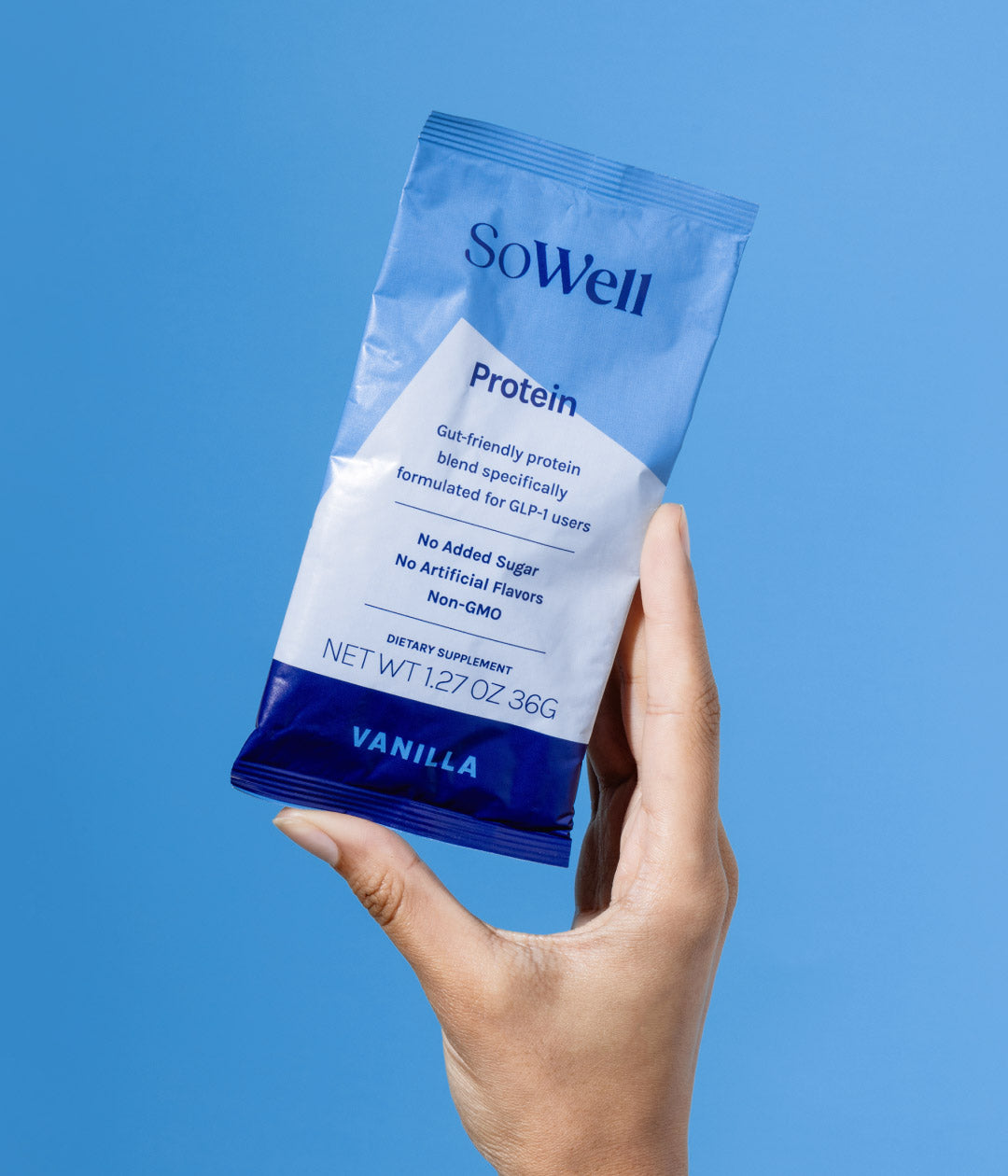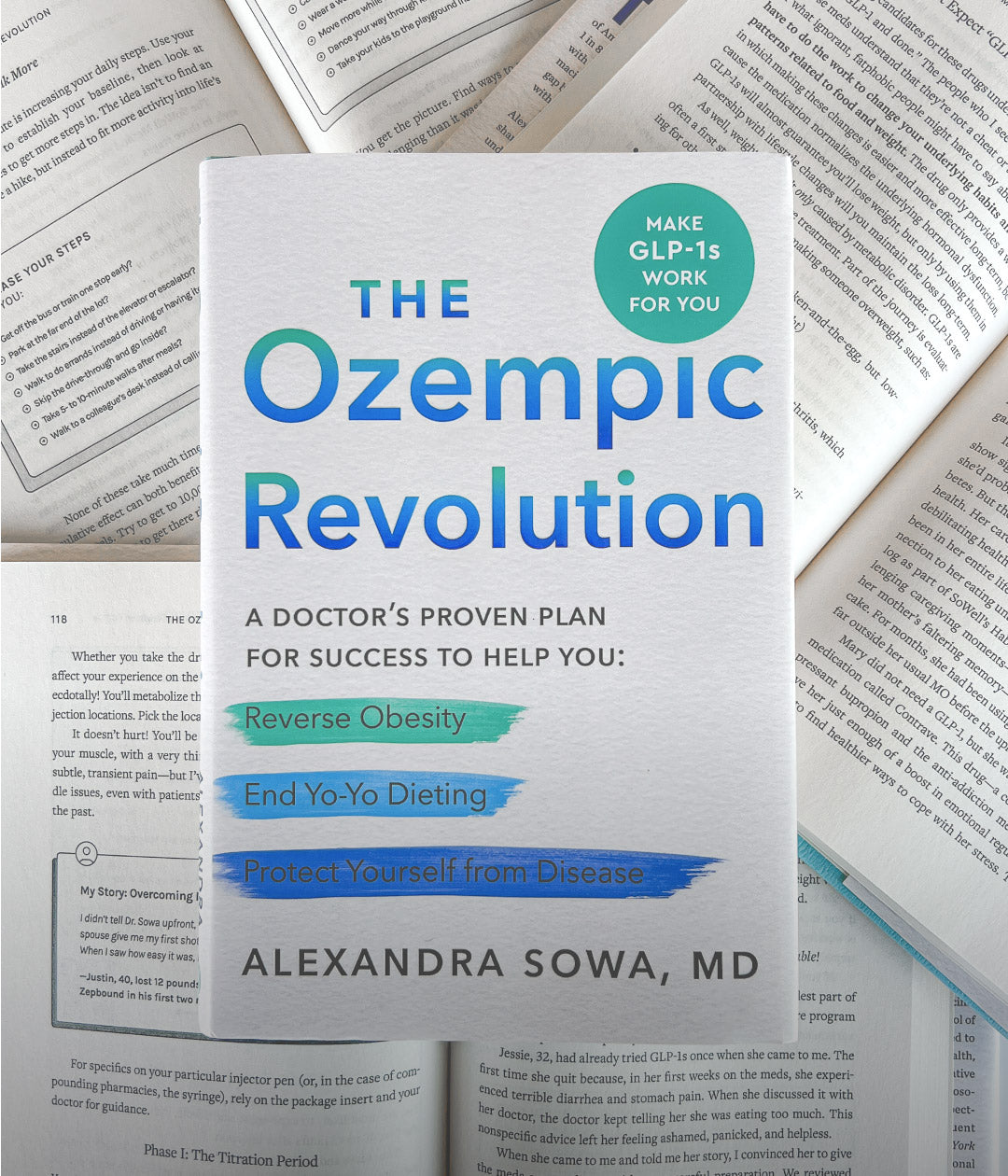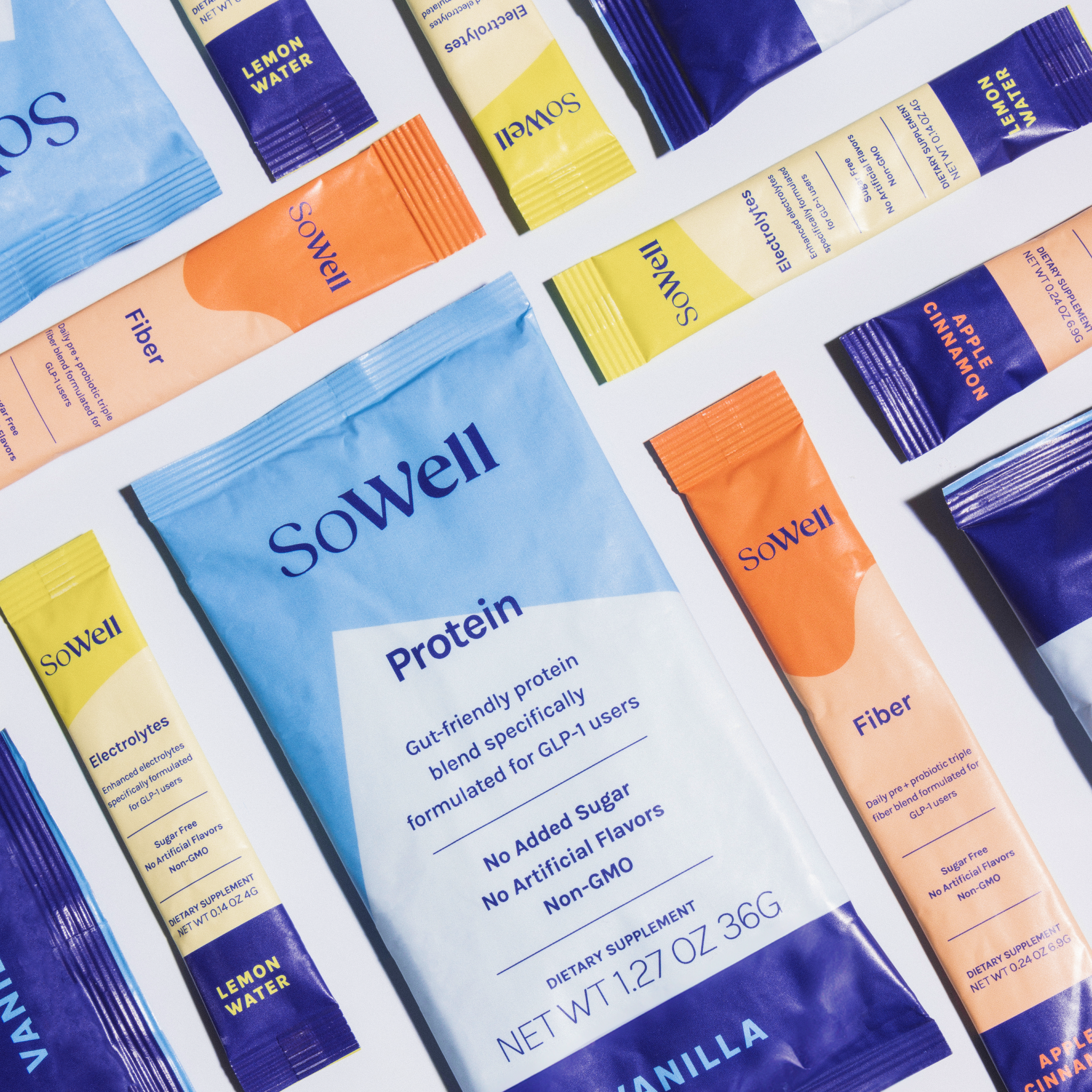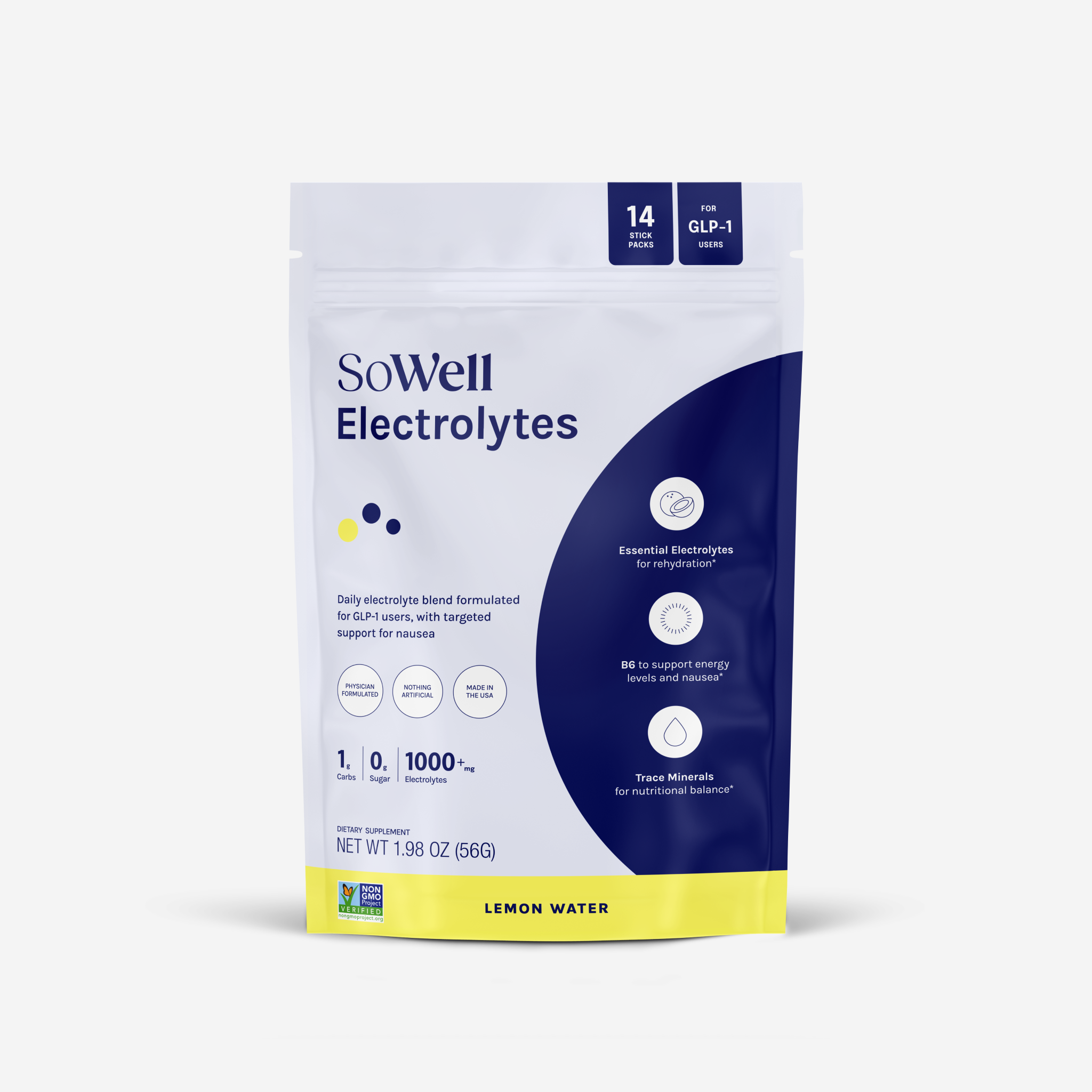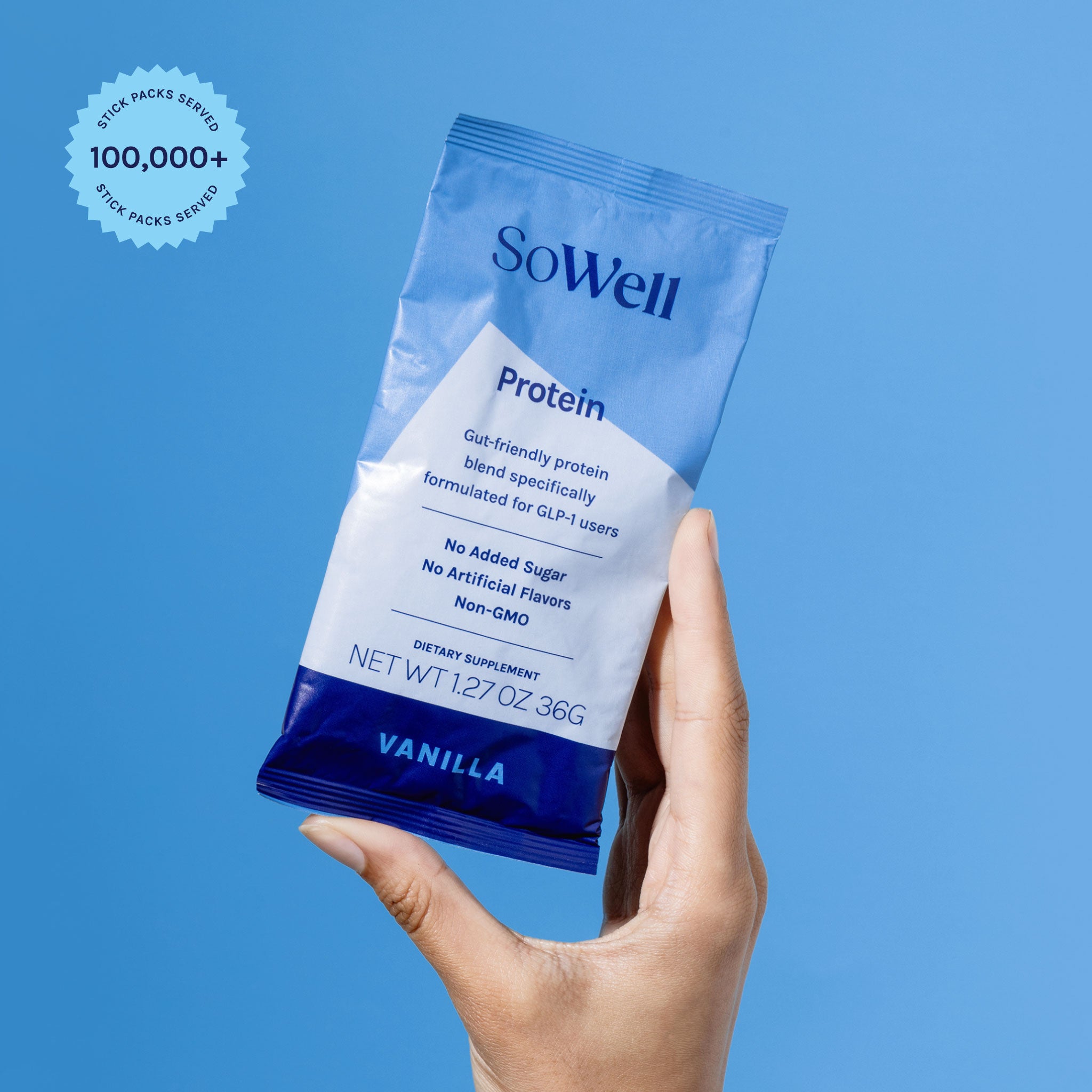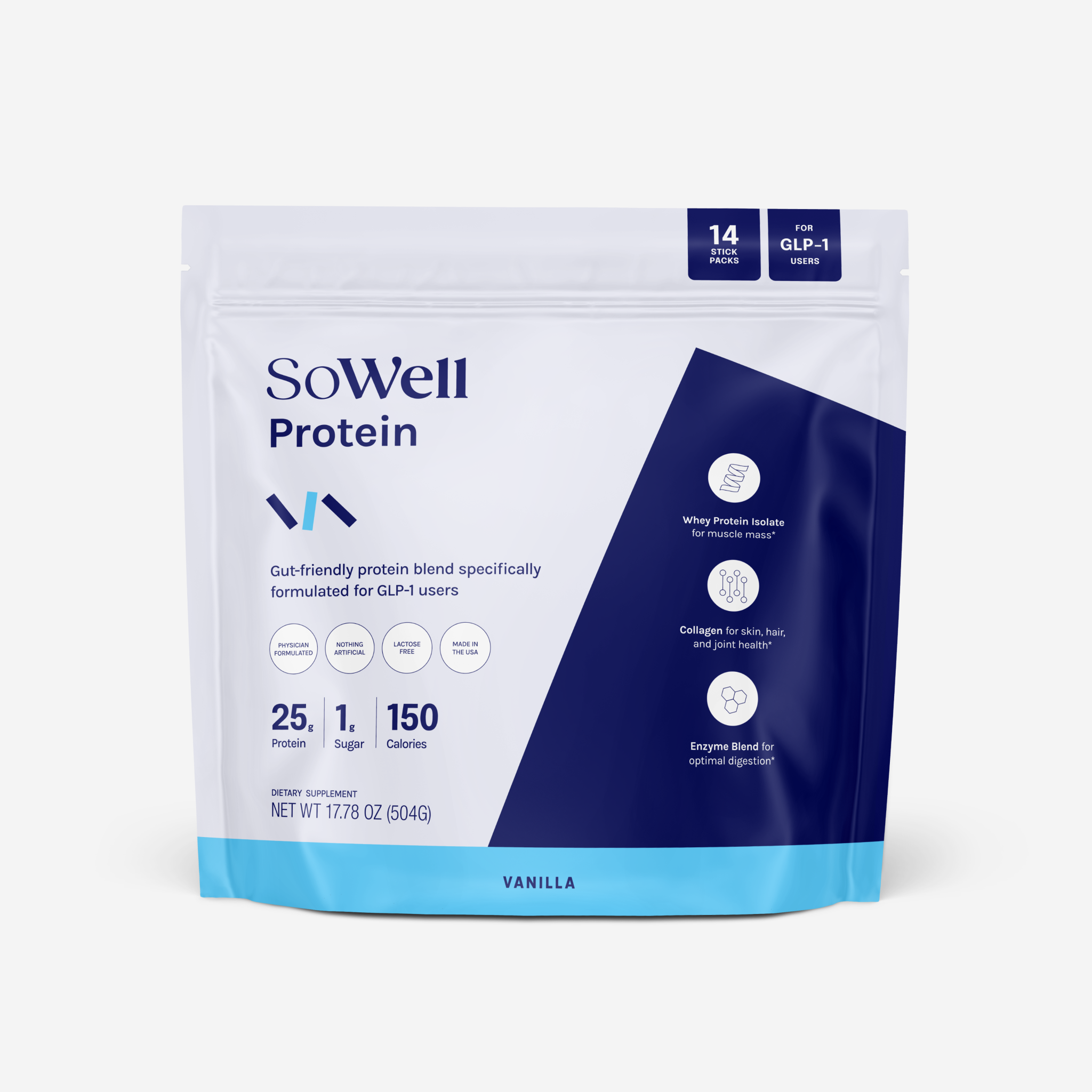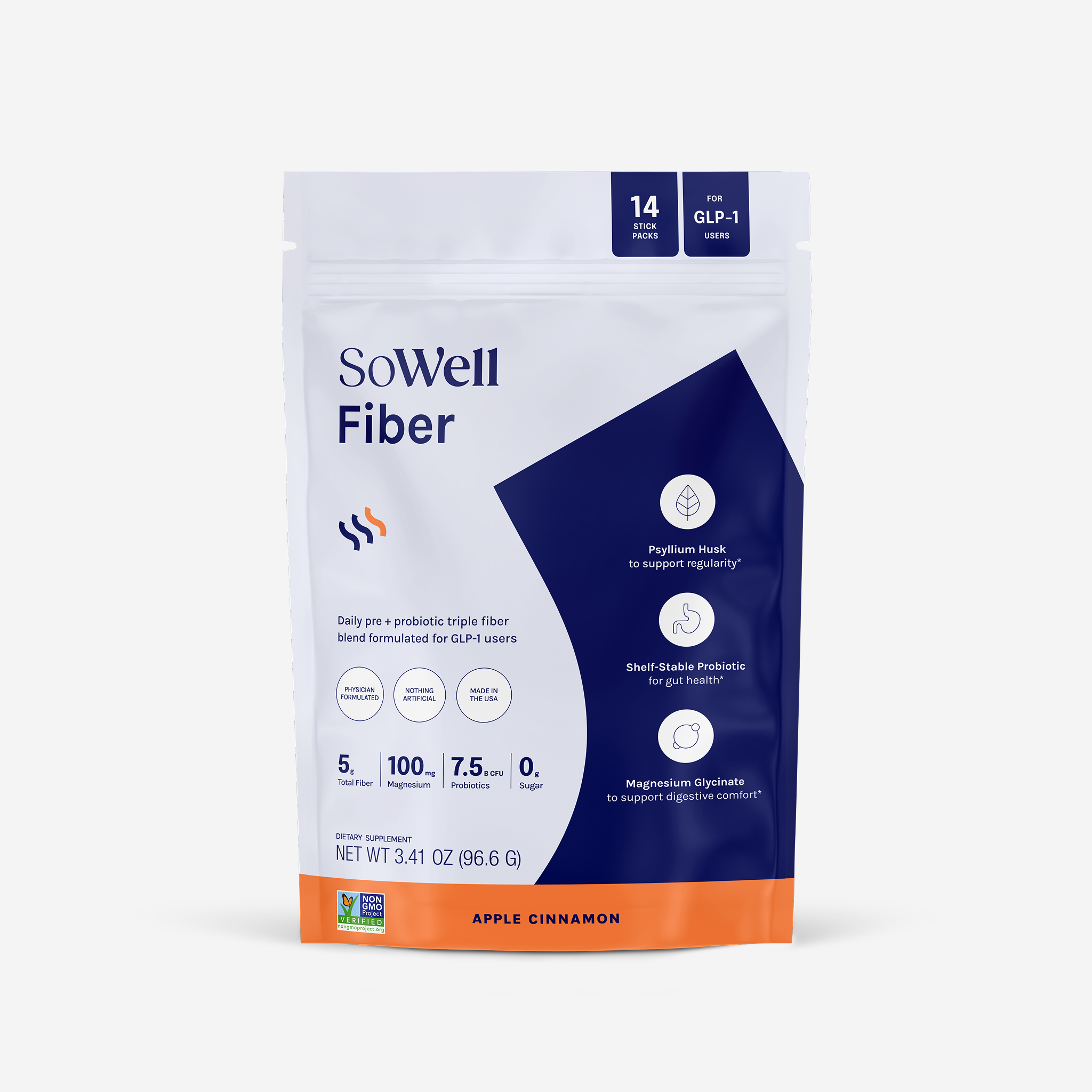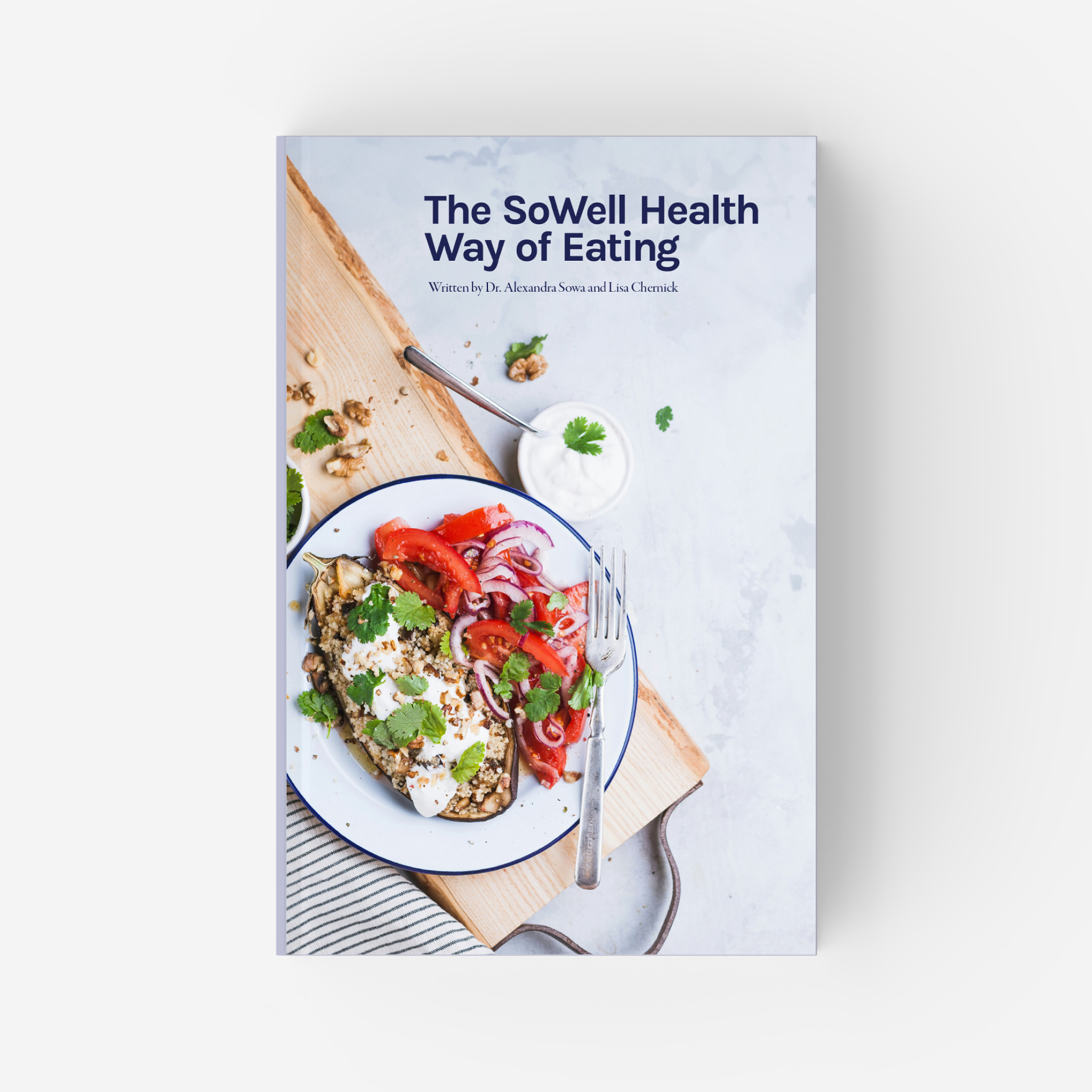
You’ve heard that GLP-1 agonist drugs like Ozempic help manage diabetes and support weight loss, but the list of health benefits linked to these drugs is growing by the day. Let’s explore the ways so you can decide if GLP-1 medication might be for you.
1. Heart Disease
The FDA has approved semaglutide (Wegovy) for reducing the risk of cardiovascular death, heart attack, and stroke in adults based on a 3-year study with over 17,000 patients. Better yet, this cardioprotective effect was shown to significantly reduce heart risk even in patients who didn’t lose weight on the drug! This benefit is likely due to the drug reducing inflammation, which is often thought of as being at the root of disease.
2. PCOS
Polycystic ovary syndrome (PCOS) is a common disorder, affecting up to 12% of women of reproductive age, but it’s a disease state that is often overlooked or minimized at the doctor’s office. Many women with PCOS are told that losing weight will help improve their condition, but due to insulin resistance, PCOS makes weight loss extremely difficult—if not impossible—for many PCOS patients. For many women with PCOS, GLP-1 medications are the only way that they’ve been able to lose weight and keep it off, which leads to improvements with associated PCOS symptoms like insulin resistance and hormone imbalances.
3. Addiction
Anyone on a GLP-1 medication can attest to the experience of experiencing less “food noise”—the feeling of being overwhelmed with thoughts about food, hunger, and what to eat next. GLP-1 medications seem to alter reward pathways in the brain, making not only food less addictive, but other substances less addictive as well. In a small study, people with alcohol use disorder who were taking semaglutide for weight loss noticed a marked improvement in their substance abuse habits as well.
4. Depression
Could GLP-1s be a new avenue to help treat depression, anxiety, and even neurogenerative diseases like Alzheimer’s? Recent research says yes! In studies, people taking semaglutide were 37% less likely to be diagnosed with depression, and 31% less likely to be diagnosed with anxiety. A small study tested liraglutide among bipolar patients with similar findings. Researchers do not know exactly why this is the case, but it is suspected to be due to the inflammation-lowering impact of the drugs.
5. Sleep Apnea
Untreated obstructive sleep apnea, which is partial or complete obstruction of the upper airway during sleep, can lead to cardiovascular problems, diabetes, and other health issues. But there’s good news! A pair of yearlong clinical trials showed that the GLP-1 agonist drug Zepbound provides considerable relief to overweight or obese people with obstructive sleep apnea. Until now, patients with sleep apnea needed to rely on CPAP machines for relief, but Zepbound targets the underlying cause of sleep apnea by relieving pressure on the airway.
6. NAFLD
Currently, there is no treatment for non-alcoholic fatty liver disease, but drug manufacturer Eli Lilly has shared promising findings from two phase two trials of a GLP-1 receptor agonist drug not yet released called retatrutide. Not only was the drug shown to reduce body weight by up to 24%, but it also resolved liver fat in nine out of ten participants, which is huge news for those with NAFLD.
What’s Next?
GLP-1 drugs are about more than weight loss! As they continue to be studied, more and more data will emerge about their health benefits. As of the time of writing in 2024, many people struggle to gain insurance coverage for these medications, but with increasing validation of the extensive health benefits, it will be harder for insurance companies to ignore that GLP-1 drugs are worth covering. We remain optimistic that these life-changing drugs will become more and more accessible so everyone who needs GLP-1 drugs can benefit from them.
